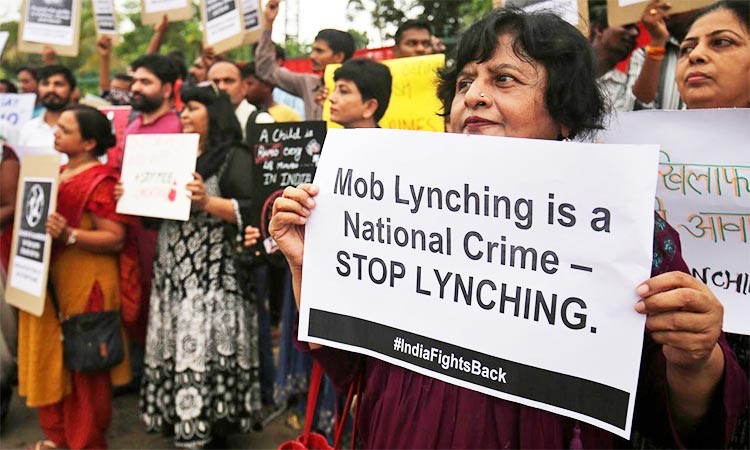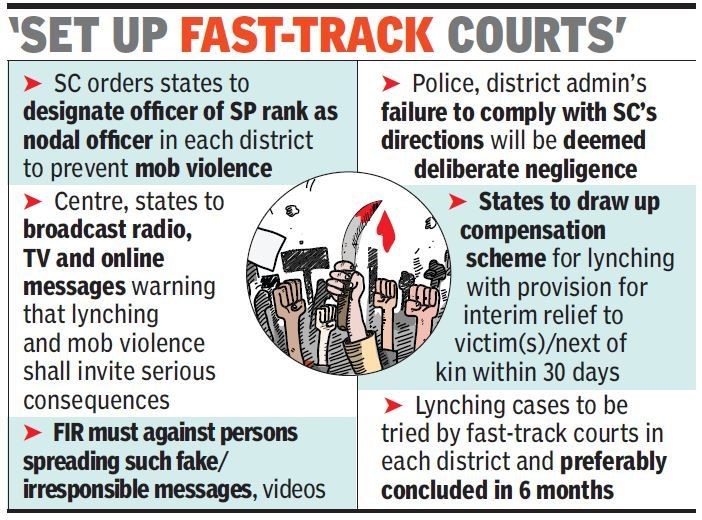Free Courses Sale ends Soon, Get It Now


Free Courses Sale ends Soon, Get It Now



Figure 4: No Copyright Infringement intended

Such type of laws should be made at Pan India level curbing the mob violence in the nub.
© 2024 iasgyan. All right reserved